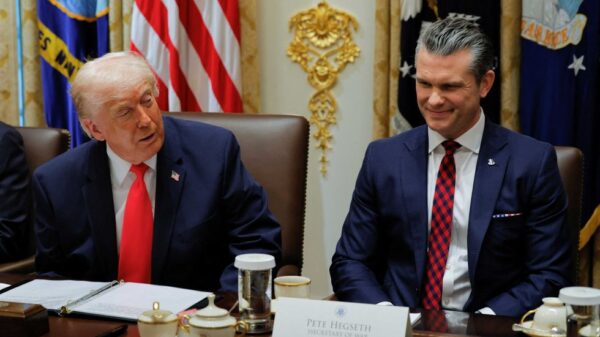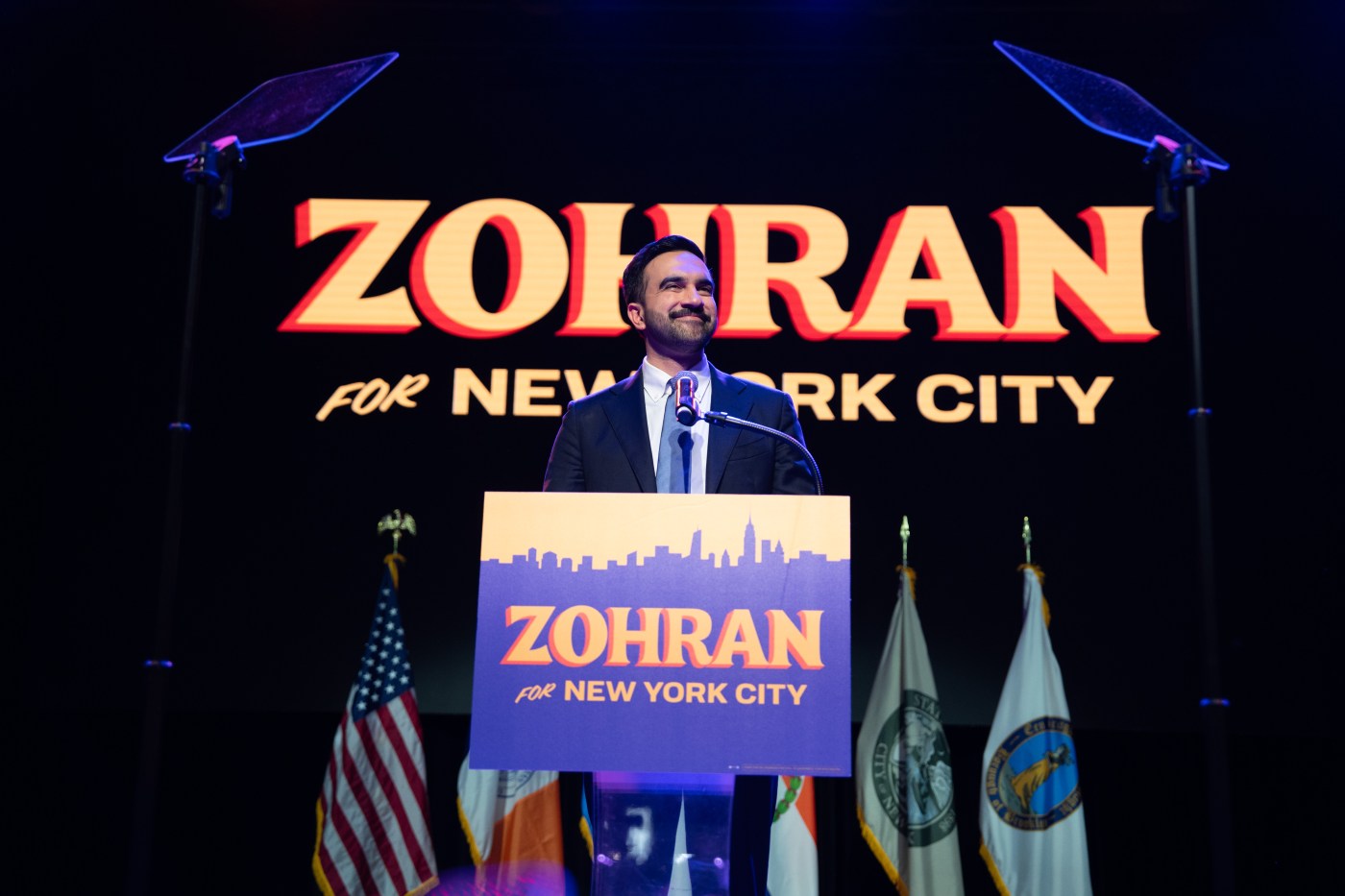UPDATE: New York City is buzzing with excitement following the historic election of Zohran Mamdani as the first Muslim and South Asian mayor-elect. His victory, confirmed just hours ago, marks a significant milestone in a city with the largest Muslim population in the United States.
Young voters, particularly from South Asian and Muslim communities, are celebrating this groundbreaking moment. 19-year-old Reona Alam, a student at Hunter College and daughter of Bengali immigrants, expressed her disbelief when she first learned of Mamdani’s candidacy a year ago. “I never thought he could win,” she said, adding, “I’ve been proven wrong.”
Mamdani, who will be inaugurated in January 2024, stood out in his victory speech by proudly embracing his identity, stating, “I refuse to apologize for any of this.” His message resonates deeply in a city where diverse cultures thrive but have also faced challenges, especially in a post-9/11 America.
During the campaign, Mamdani connected with the youth through social media, producing videos in Bangla, and addressing issues like Islamophobia. Alam admitted to refreshing election results while studying, and when the victory was announced, she celebrated with her immigrant parents. His speech, which acknowledged various communities that supported him, was a powerful moment for many.
The enthusiasm for Mamdani’s victory has translated into discussions in classrooms citywide. Approximately 10% of students in local schools identify as Muslim, an influential demographic that showed strong support for the candidate.
16-year-old Amelia Azad of Brooklyn discovered Mamdani’s win through subway posters and was thrilled to learn about his campaign in school the next day. “He’s so South Asian! It’s nice,” she said, highlighting his authentic representation.
Exit polls reveal that 87.2% of South Asian voters cast their ballots for Mamdani, with a notable increase in first-time voters, especially among those aged 18 to 29. This surge reflects a growing political engagement within the South Asian community.
Amira Azad, Amelia’s younger sister, has already begun to look up to Mamdani as a role model. At just 9 years old, she is aware of his key policies, including making transportation more affordable and increasing access to halal food in public schools. “Maybe he would change the food in public schools to a lot of halal food,” she said, expressing hope for a more inclusive future.
The momentum from Mamdani’s victory is set to inspire a new generation of leaders in New York City. As the city gears up for this significant change, many are left wondering how Mamdani’s leadership will shape the future of a city known for its diversity and resilience.
Stay tuned for further developments as Mamdani prepares to take office and implement his vision for all New Yorkers.






































































